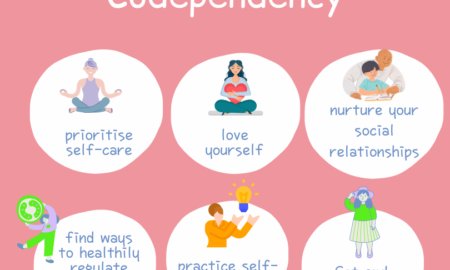Couples Therapy

Navigating the Maze of Codependency
Welcome, avid seekers of psychological insight, to a jump into the labyrinthine world of codependency. Within the intricate tapestry of human relationships, codependency weaves a subtle yet pervasive thread, often…

Couples Therapy: When is the Right Time?
Recently I had a conversation with a friend about couples therapy, what it involves and how it can help a relationship. “But it’s usually for when things are pretty bad…

Building a Deeper Connection With Your Partner
Whether you’ve been together 10 weeks or 10 years, you might be at a comfortable stage of things with your partner but you’re also wondering if things could be better….

Navigating Couples Therapy When Your Partner Isn’t on the Same Page
Deciding to seek couples psychotherapy can be a significant step toward improving your relationship. When you opt for the modality of Transactional Analysis (TA), it demonstrates your commitment to understanding…

What To Expect in Couples Therapy
Couples psychotherapy can be a transformative journey, offering couples a chance to address their challenges, enhance communication, and foster a healthier, more fulfilling relationship. When it comes to the modality…
Ready to Make a Change? Book an Initial Consultation Today
If you have any questions at all about therapy or would like to make an appointment, get in touch. I will usually be able to respond to you within 24 hours.
